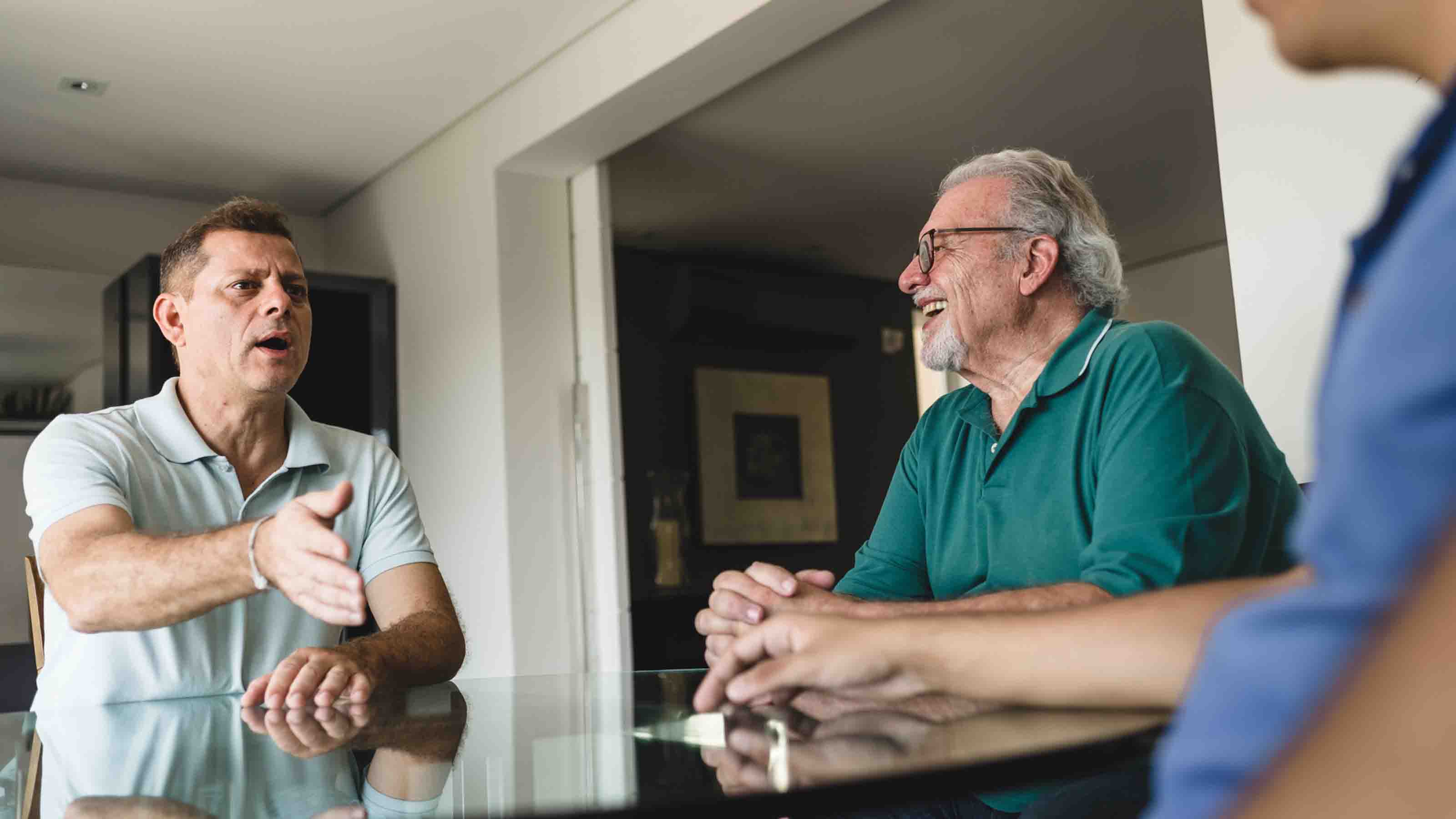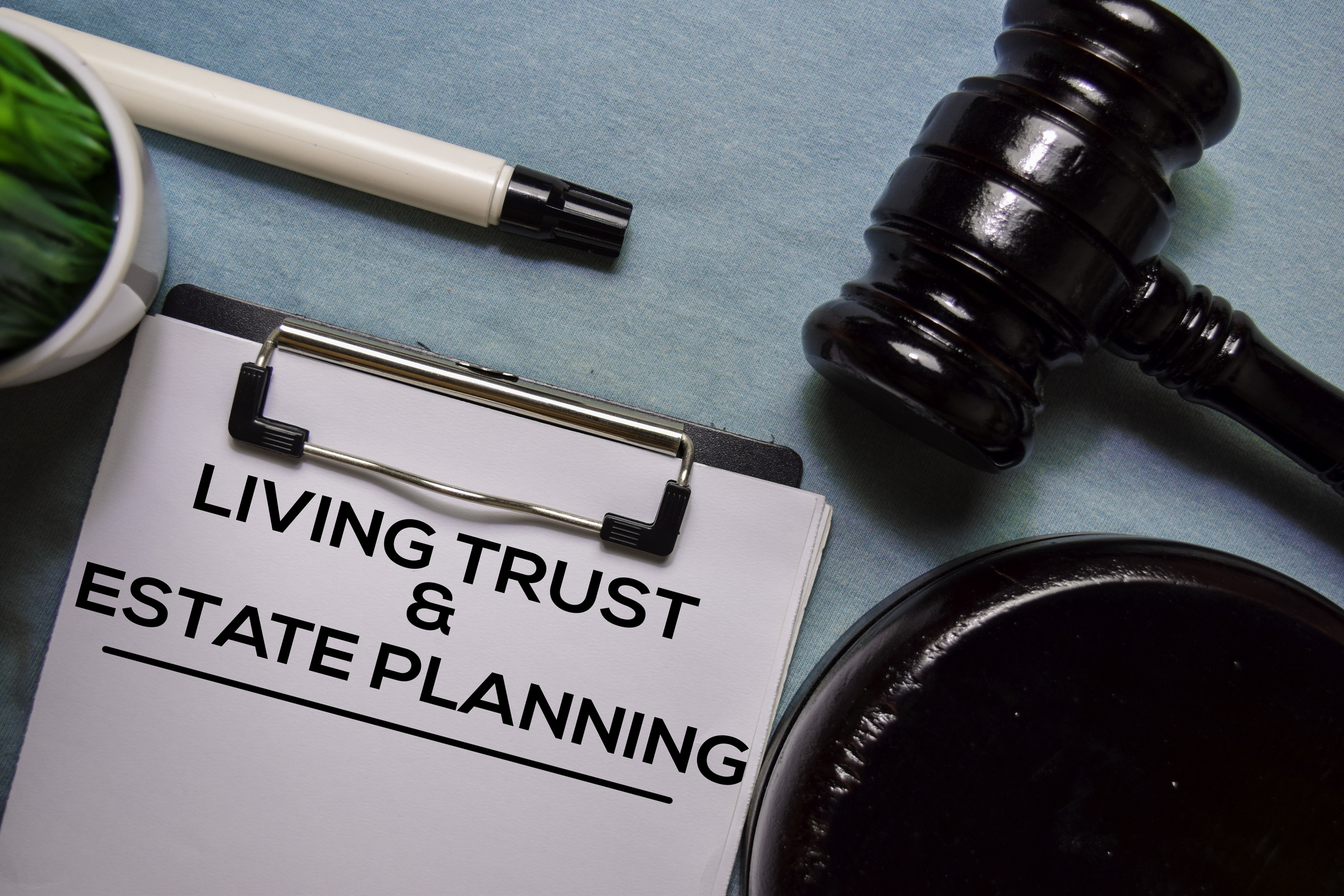What to Do When You’re the Executor
You’ll likely need professional help, including an attorney with estate-planning experience, a tax pro and a financial adviser.


At some point in your life, there’s a good chance you’ll be tasked with acting as the executor of an estate. The designation is both an honor and an obligation. Depending on the size of the estate and your relationship to the deceased, performing the duties of an executor can feel like a second job, says Patrick O’Brien, cofounder of Executor.org, an online tool designed to help executors manage an estate. O’Brien launched the tool after he served as executor of his father’s estate. Even though the estate was fairly modest, “I was shocked at how difficult and complicated it was,” he says.
The task is particularly challenging for adult children who are responsible for executing the estate of the last surviving parent. Those executors are often required to distribute assets among several beneficiaries, sell the family home, and comb through decades of family belongings, some of which may be valuable. If the family is fractious, the estate is large or the parents’ estate planning was haphazard (or nonexistent), the task becomes even more time-consuming. While every situation is different, here are some basic steps most executors should follow:
Obtain copies of the death certificate and file the will. One of the first duties you must perform as executor is to obtain copies of the death certificate, usually available from the funeral home, and file the will and death certificate with the county probate court. The deadline for filing the will varies by state, but it can range from 10 to 90 days after the date of death. If probate is required, you’ll need to obtain a letter from the court, known as a letter of testamentary, that gives you legal authority over the estate. You need this letter because “the executor doesn’t have authority until they get something from the court that says they have that authority,” says Rich Yam, an estate planning adviser with Wealthspire Advisors.

Sign up for Kiplinger’s Free E-Newsletters
Profit and prosper with the best of expert advice on investing, taxes, retirement, personal finance and more - straight to your e-mail.
Profit and prosper with the best of expert advice - straight to your e-mail.
Assemble a team. In most cases, you’re going to need professional help, including an attorney with estate-planning experience (who can help you navigate the probate court) and, depending on the size and complexity of the estate, a tax professional and certified financial planner. The attorney who helped the deceased draw up his or her will is a good option, because he or she is probably familiar with the estate.
Create an inventory of assets. Ideally, the deceased kept good records of bank and brokerage accounts, insurance policies, tax returns and other documents, but that’s not always the case. You may need to act as a detective to track down some of these accounts, and it’s not unusual to unearth an insurance policy or bank account months after an individual has died. When O’Brien was going through boxes in his parent’s basement, he found a 1952 stock certificate for a company he had never heard of. The stock turned out to be worthless, but a stock certificate for a company that has been taken over several times could be worth real money.
Protect personal property. If the estate includes a home, you’ll be responsible for maintaining the property and paying the mortgage, taxes and insurance until the house is sold.
In addition, you may need to change the locks to prevent overeager heirs from taking possession of valuable items, such as your father’s vintage baseball card collection. You’ll also need to make sure the deceased individual’s vehicle is up to date so it’s not towed.
Set up a separate bank account. Throughout the process, you’ll need to pay bills and make deposits on behalf of the estate. To accomplish this, you should set up a bank account in the name of the decedent’s estate. This account will also provide a record of transactions that will prove useful if anyone challenges your administration of the estate.
Pay the decedent’s debts. This step is critical, because if unpaid bills and other debts aren’t paid before the estate is distributed to heirs, creditors could sue you, Yam says. You’re also responsible for filing a state and federal tax return so you can pay any taxes owed (or claim a refund).
Communicate regularly with the beneficiaries. Don’t leave other heirs in the dark, particularly if the process is taking longer than expected. O’Brien recommends updating other heirs on a weekly basis. Keeping good records will also assure other heirs that you’re acting in their best interest.
Distribute the assets. This is the final step in the process and can only be completed after all debts are paid. Depending on your state, you may first require court approval.
Distributing personal property can be the most challenging part of this process because items that have been in your family for years may have sentimental value for more than one heir. Ideally, you’ll receive some guidance from the deceased individual’s will. If not, an inventory of all of the items will help you come up with an equitable way to divide them.
Once you’ve distributed the assets, it’s a good idea to get a release from all beneficiaries acknowledging that they have received their inheritance. This will protect you from lawsuits from disgruntled heirs, Yam says.
If all of this sounds like more than you can handle, you have the right to decline to act as an executor—and sometimes that’s the right choice, O’Brien says. Another family member may be willing to step up, and if that’s not an option, you can hire a professional to do the job.
Profit and prosper with the best of Kiplinger's advice on investing, taxes, retirement, personal finance and much more. Delivered daily. Enter your email in the box and click Sign Me Up.

Block joined Kiplinger in June 2012 from USA Today, where she was a reporter and personal finance columnist for more than 15 years. Prior to that, she worked for the Akron Beacon-Journal and Dow Jones Newswires. In 1993, she was a Knight-Bagehot fellow in economics and business journalism at the Columbia University Graduate School of Journalism. She has a BA in communications from Bethany College in Bethany, W.Va.
-
 What Does Medicare Not Cover? Eight Things You Should Know
What Does Medicare Not Cover? Eight Things You Should KnowHealthy Living on a Budget Medicare Part A and Part B leave gaps in your healthcare coverage. But Medicare Advantage has problems, too.
-
 457 Plan Contribution Limits for 2025
457 Plan Contribution Limits for 2025Retirement plans There are higher 457 plan contribution limits for state and local government workers in 2025. That's good news for state and local government employees.
-
 Estate Planning Checklist: 13 Smart Moves
Estate Planning Checklist: 13 Smart Movesretirement Follow this estate planning checklist for you (and your heirs) to hold on to more of your hard-earned money.
-
 Medicare Basics: 12 Things You Need to Know
Medicare Basics: 12 Things You Need to KnowMedicare There's Medicare Part A, Part B, Part D, Medigap plans, Medicare Advantage plans and so on. We sort out the confusion about signing up for Medicare — and much more.
-
 The Seven Worst Assets to Leave Your Kids or Grandkids
The Seven Worst Assets to Leave Your Kids or Grandkidsinheritance Leaving these assets to your loved ones may be more trouble than it’s worth. Here's how to avoid adding to their grief after you're gone.
-
 SEP IRA Contribution Limits for 2025
SEP IRA Contribution Limits for 2025SEP IRA A good option for small business owners, SEP IRAs allow individual annual contributions of as much as $70,000 in 2025, up from $69,000 in 2024.
-
 Roth IRA Contribution Limits for 2025
Roth IRA Contribution Limits for 2025Roth IRAs Roth IRA contribution limits have gone up. Here's what you need to know.
-
 SIMPLE IRA Contribution Limits for 2025
SIMPLE IRA Contribution Limits for 2025simple IRA The SIMPLE IRA contribution limit increased by $500 for 2025. Workers at small businesses can contribute up to $16,500 or $20,000 if 50 or over and $21,750 if 60-63.

